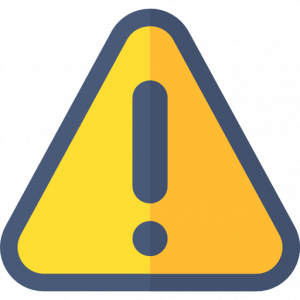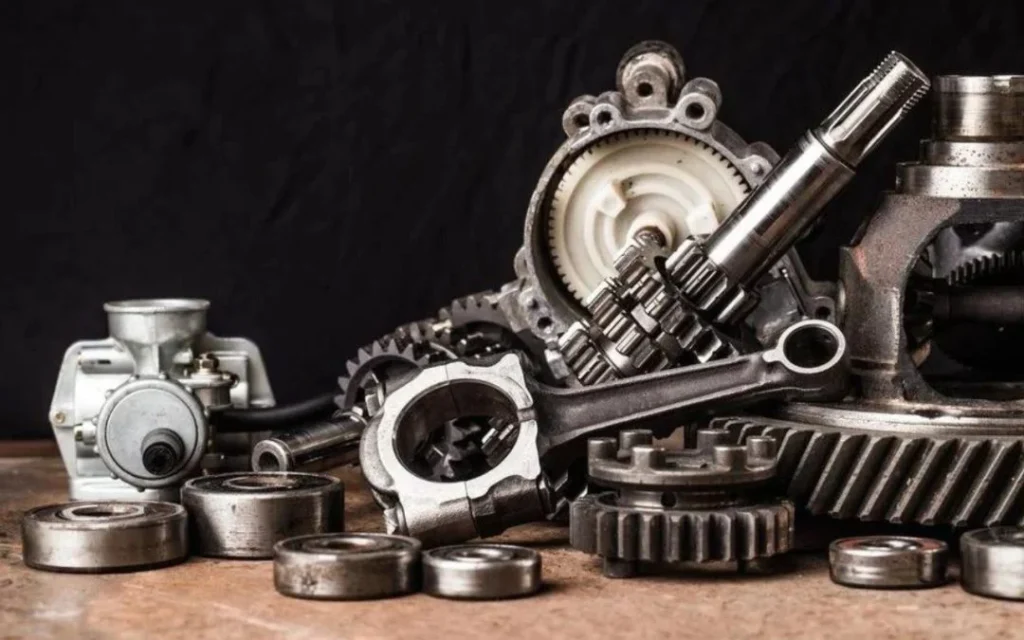India’s clean mobility transition is accelerating, with public transport at the center of electrification. State transport undertakings and private fleet operators are scaling up e-bus adoption, opening a multi-year runway for original equipment manufacturers (OEMs) with integrated products, charging infrastructure, financing support, and dependable execution. JBM Auto Ltd, with a market capitalization of Rs. 14,286.62 crore and a current market price of Rs. 604.10, sits squarely in this opportunity set.
What the Company Does
Incorporated in 1983, JBM Auto manufactures and sells sheet metal components, tools, dies and moulds, and buses, along with spare parts, accessories, and maintenance contracts for buses.
OEM (Bus) Business
CRISIL Ratings expects JBM Auto’s FY26 revenue to grow 9–10 percent, driven by a 24–25 percent surge in its bus OEM division supported by an order book of over 10,000 buses. The company launched its ECOLIFE electric bus in Hamburg, marking its EU entry, with a Frankfurt hub and partnership with German leasing firm KazenMaier to deliver e-buses. Expansion is also underway in France, Italy, the Nordics, the Middle East, Africa, and APAC.
As of March 2025, revenue mix stood at Auto Components 58.15 percent, Tool Room 5.58 percent, and OEM Business 36.27 percent. With over 11,000 e-buses deployed or under execution, JBM holds about 30 percent share in India’s e-bus market. It operates 19 plants with 1,000+ presses and 3,000+ robots, a 6 GWh battery unit, and 20,000-unit bus capacity at the world’s largest dedicated e-bus facility outside China.
The company secured 2,411 e-buses under the PM e-Bus Sewa scheme (~Rs. 12,900 crore) and raised US$ 100 million from ADB and AIIB for 575 buses. It enjoys 90 percent share in airport tarmac buses, 40–45 percent in luxury coaches, and about 30 percent in city and STU segments, remaining India’s sole OEM for ultraluxury electric coaches. The current order book exceeds 11,000 buses, with over 2,500 already on road.
JBM Auto offers a full-spectrum electric bus range for city transit, intercity, school, staff, airport tarmac, and defense applications. The ECOLIFE, XPRESS, GALAXY, and E-SKYLIFE series span 9 to 13.5 metres, with seating from 30 to 72 passengers and operational ranges from 200 km to 1,000 km. The portfolio features monocoque construction, luxury seating and sleeper berths, fast charging, safety systems, telematics, and regenerative braking—positioning the company as a comprehensive sustainable mobility provider.
E-Mobility Platforms: E-Verse and ECOFUEL
Operating across B2G and B2B, the E-Verse platform enables transport authorities and private fleets to adopt clean mobility with high service reliability and scalability. The network comprises 1,000+ DC chargers (including megawatt systems), with over 95 percent operational uptime and 100 percent charger uptime supported by 24×7 monitoring and maintenance.
JBM’s proprietary ECOFUEL platform underpins India’s largest DC fast-charging network (operational since 2018), offering a cloud-based charger management system for real-time energy tracking, diagnostics, and service scheduling; ultra-fast capabilities including CC2-based and modular megawatt solutions; turnkey electrification from site feasibility to commissioning; and a mobile app for real-time station access and usage history.
The footprint includes 100+ charging depots/hubs, 600+ MVA of power infrastructure, a 500+ skilled workforce, and operations across 50+ cities. Cloud-based integration enables centralized control, load management, and predictive maintenance.
Auto Components & Systems
The Auto Components & Systems Division—run on a robust B2B model—supports global and domestic OEMs with precision-engineered structural, functional, and safety-critical parts that meet global standards.
More than 2,60,000 MT of responsibly sourced steel was used in production, and the division entered South Korea and the USA in FY 2024–25. The product portfolio covers BIW parts and assemblies, chassis and suspension parts, cross-car/truck beams, fuel filler systems and tanks, heat shields and skin panels, tubular structures and fasteners, exhaust systems, complete cowl assemblies, sheet metal sub-assemblies, and jigs/fixtures/tooling systems.
The customer base spans passenger vehicle OEMs (Honda, Mahindra & Mahindra, Tata Motors, Volkswagen, MG, Nissan, Toyota) and commercial/other segments (Ashok Leyland, Maruti Suzuki, CASE Construction, Mahindra & Mahindra, Bajaj).
Key FY24–25 highlights include sustained margin improvement via productivity and flexible manufacturing; onboarding CASE Construction Equipment; capacity scale-up for Mahindra & Mahindra and Tata Motors; commencement of exports to South Korea and the USA; strengthened portfolios for EV/hybrid platforms (thermal, structural, lightweight systems); enhanced capabilities for high- and ultra-high-tensile materials; and expanded tooling infrastructure for higher product complexity and volumes.
Tooling Business
JBM Auto operates India’s largest and most advanced tooling business, providing high-precision tools, dies, and molds for automotive and non-automotive sectors. The division enables vehicle body and component production for marquee OEMs and internal verticals, acting as a one-stop tooling and automation partner. Installed capacity includes 1,250+ dies annually, enabling 15 million-plus vehicles across 60+ platforms.
FY24–25 execution included delivery of over 20,000 dies and 2,000 welding fixtures/tools for complex, high-volume turnkey projects as of March 31, 2025; export die programs for luxury OEMs in Germany and Spain; tooling for an EV battery production line in the Czech Republic for BMW; first-in-India development of Body Side Outer (BSO) tooling; and deliveries across chassis, suspension, body-in-white, and ultra-high-strength components, including EV platforms.
Q1 Financial Snapshot
On a quarter-on-quarter basis, revenue declined to Rs. 1,254 crore from Rs. 1,646 crore, a decrease of 23.82 percent. Operating profit fell to Rs. 120 crore from Rs. 185 crore, down 35.14 percent. Profit before tax decreased to Rs. 51 crore from Rs. 90 crore, a decline of 43.33 percent, while net profit reduced to Rs. 39 crore from Rs. 72 crore, lower by 45.83 percent.
Year-on-year, revenue increased to Rs. 1,254 crore from Rs. 1,144 crore, up 9.62 percent. Operating profit was Rs. 120 crore versus Rs. 130 crore, lower by 7.69 percent. Profit before tax rose to Rs. 51 crore from Rs. 45 crore, an increase of 13.33 percent, and net profit improved to Rs. 39 crore from Rs. 34 crore, up 14.71 percent.
Written By Manan Gangwar
Disclaimer

The views and investment tips expressed by investment experts/broking houses/rating agencies on tradebrains.in are their own, and not that of the website or its management. Investing in equities poses a risk of financial losses. Investors must therefore exercise due caution while investing or trading in stocks. Trade Brains Technologies Private Limited or the author are not liable for any losses caused as a result of the decision based on this article. Please consult your investment advisor before investing.
The post Auto ancillary stock with strong order book & robust Q1 growth to keep an eye on appeared first on Trade Brains.

